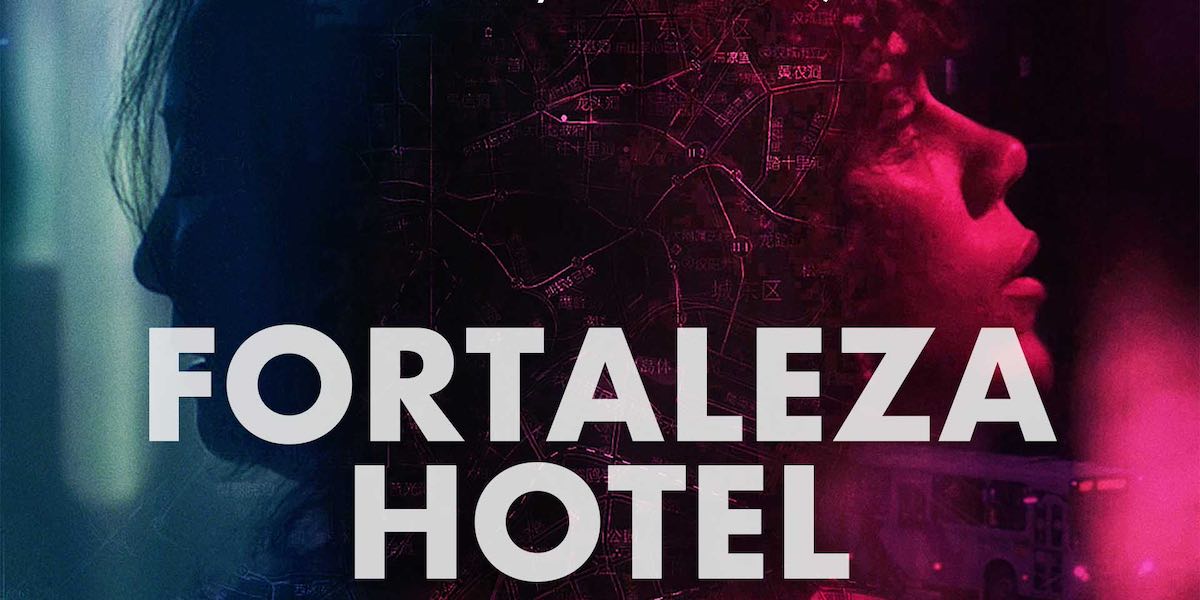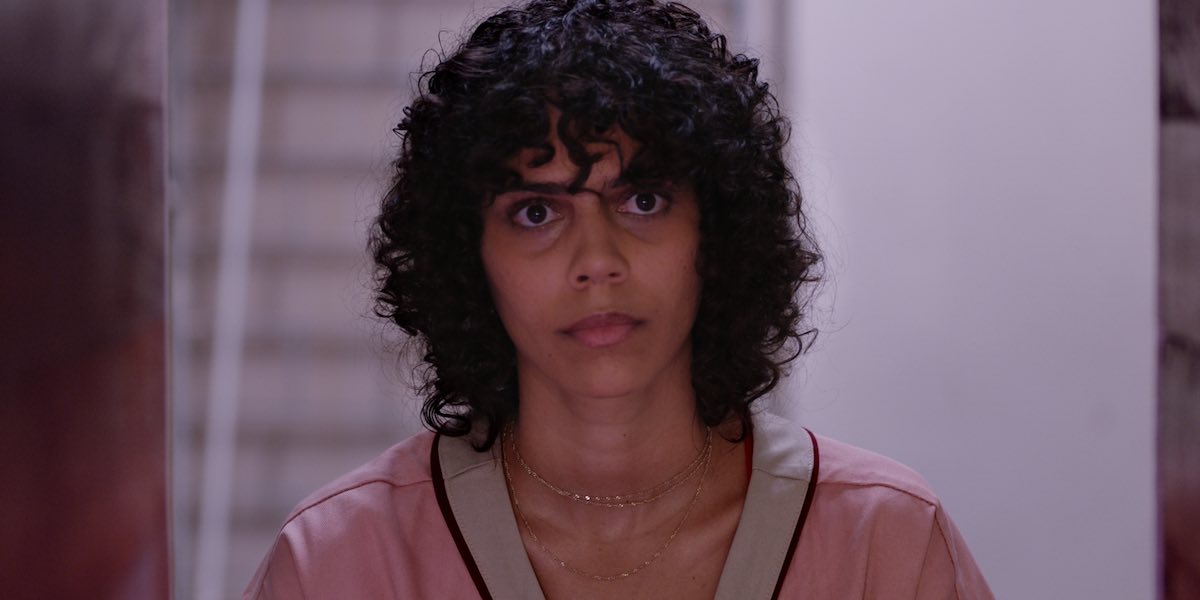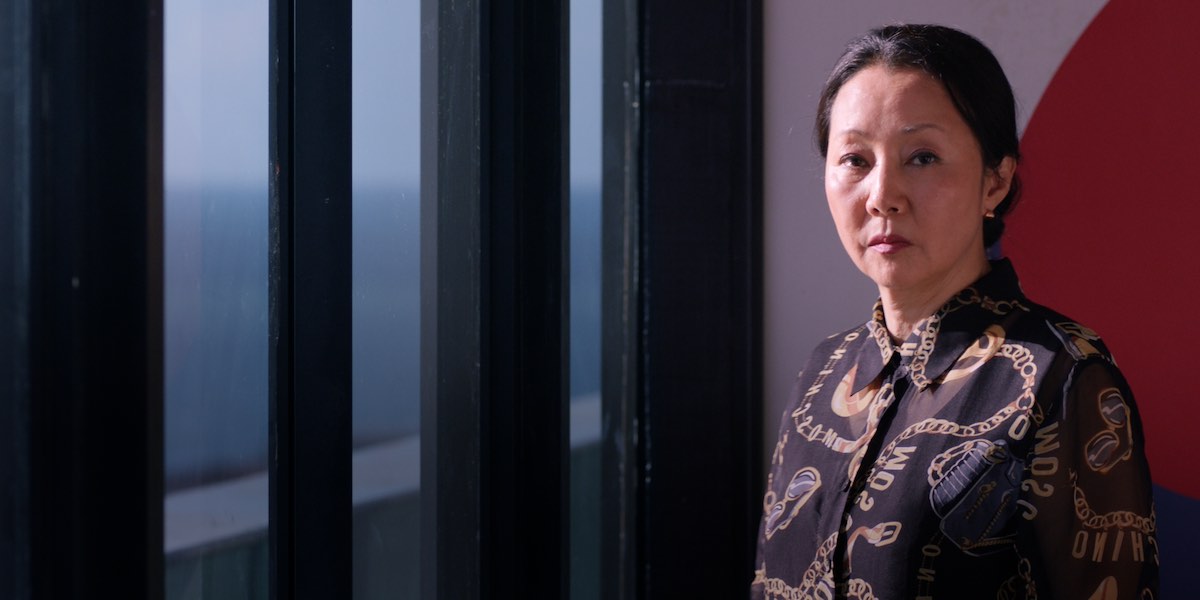Fortaleza Hotel
(Hotel Fortaleza)
Armando Praça / Brazil / 2021 / 77




Kino Brasil Festival
Shanghai International Film Festival
Cine Ceará
Best Actor, Best Actress
Pricing
Related Films
 Vicenta BCarlos LechugaCarlos Lechuga’s poignant third feature follows Vicenta Bravo, a gifted Afro-Cuban woman residing in Havana with the unique ability to see into the ...
Vicenta BCarlos LechugaCarlos Lechuga’s poignant third feature follows Vicenta Bravo, a gifted Afro-Cuban woman residing in Havana with the unique ability to see into the ... Wild Woman(La mujer salvaje)Alán GonzálezWild Woman, directed by Alán González, tells the gripping story of Yolanda, a forty-year-old woman living in a Havana slum, whose life unravels after ...
Wild Woman(La mujer salvaje)Alán GonzálezWild Woman, directed by Alán González, tells the gripping story of Yolanda, a forty-year-old woman living in a Havana slum, whose life unravels after ... NinoscaPeter TorbiörnssonSwedish director Peter Torbiörnsson met 12-year-old Ninosca and her family amid the civil war. He began to visit regularly, tracking her coming of age, ...
NinoscaPeter TorbiörnssonSwedish director Peter Torbiörnsson met 12-year-old Ninosca and her family amid the civil war. He began to visit regularly, tracking her coming of age, ... Yurei (Ghosts)(Yūrei (fantasmas))Sumie GarcíaThe little-known history of Japanese Mexicans, and the enduring impact of historical silence on their descendants, is portrayed through testimonies, ...
Yurei (Ghosts)(Yūrei (fantasmas))Sumie GarcíaThe little-known history of Japanese Mexicans, and the enduring impact of historical silence on their descendants, is portrayed through testimonies, ... The Future Perfect(El futuro perfecto)Nele Wohlatz Awarded Best First Feature at the Locarno International Film Festival, German-Argentinian newcomer Nele Wolatz’s The Future Perfect explores fractured ...
The Future Perfect(El futuro perfecto)Nele Wohlatz Awarded Best First Feature at the Locarno International Film Festival, German-Argentinian newcomer Nele Wolatz’s The Future Perfect explores fractured ...Synopsis
Portuguese, English, and Korean with English subtitles
With Clébia Sousa, Lee Young-lan
In Fortaleza Hotel, the lives of two strangers unexpectedly intertwine within the confines of a seaside hotel in Brazil. Pilar, a chambermaid facing personal and financial hardship, meets Shin, a South Korean guest whose own plans have suddenly fallen apart. As both struggle to navigate their uncertainties, they form a fragile yet profound connection that transcends language and circumstance. What begins as a chance encounter evolves into a moving relationship of empathy and mutual support, revealing the quiet strength that can emerge from shared vulnerability.
Directed by Armando Praça, Fortaleza Hotel is a tender, contemplative portrait of loneliness, resilience, and human connection across borders.
Related Subjects
About the Director
His debut feature film, Greta, premiered at the 69th Berlin International Film Festival and was released worldwide. He has directed and written nine films, including short, medium-length, fiction, and documentary works such as A Mulher Biônica, O Amor do Palhaço, Origem: Destino, and Parque de Diversões.
His films have been screened at renowned festivals such as Clermont-Ferrand –the Latin American Festival in Toulouse–, Mecal in Barcelona; and over 30 other international festivals. His second feature film, Fortaleza Hotel, won Best Actor and Best Actress awards at Cine Ceará. He is currently developing new projects – Ne Me Quitte Pas with Carnaval Filmes and Cachoeira do Descuido with Cinema Inflamável.
Armando has collaborated with leading Brazilian directors, including Marcelo Gomes, Sérgio Machado, Karim Aïnouz, and Márcia Faria, working as a screenwriter, researcher, assistant director, and cast coach. For television, he was a screenwriter for the FOX TV series Me Chama Bruna (Season 1), Betinho (in production) for Globo Play, Meninas do Benfica (in post-production) for Cine Brasil TV, and Pedro for Ipanema Filmes.
Press
“Armando Praça, working here from a screenplay by Pedro Candido and Isadora Rodrigues, opens several doors throughout this story but demonstrates no concern in crossing them. It is clear that the important thing is to explore these possibilities without, however, developing them to exhaustion.” – Robledo Milani, Papo de Cinema
Notes on the Film
“Women from a wide variety of cultures construct networks offering mutual assistance, shelter, and understanding in their constant struggles against patriarchs and in the benefit of rights already won. Fortaleza Hotel revolves around two women from distinct cultures who connect because of their problems and reach out to each other from the depths of their solitude. I seek to produce a film that reveals feminine power through solidarity, a sentiment so powerful yet so unknown to the human soul.
We are dealing here with two worlds, two aspects of globalization erupting in a Fortaleza filled with hope. When Pilar, a poor and dreamy-souled Brazilian, meets Shin, a middle-aged woman from Seoul whose dreams have been shattered, the network sparks into life as if by miracle. It is through this delicate, albeit powerful connection that we accompany the events and feelings of the women, and on which the narrative is built. The two leading ladies undergo ethical dilemmas specific to their own cultures, and the most potent scenes are precisely those in which the intimacy between them is construed amid the difficulty of communication and cultural differences, unveiling thus their more humanistic nature.
There is no clashing between good and evil here. There are no fatefully mistreated innocent souls. We are far from common mores and judging eyes. I believe that this story will move all those who see it in the same way I was moved: it mirrors us on the screen as we really are, men and women, Brazilians or South Koreans, it makes no difference. Feelings here are universal and, most of all, urgent, for I believe that it is through solidarity, this already well-known feminine tool, that we will be able to break down barriers and reinvent ourselves as one.”
– Armando Praça, Director